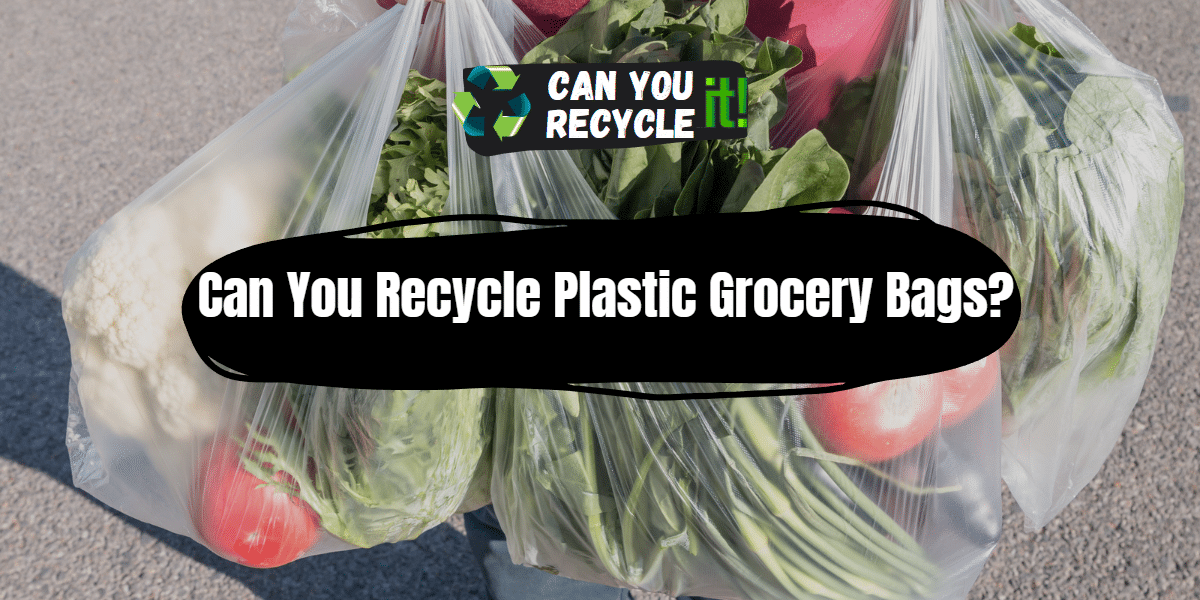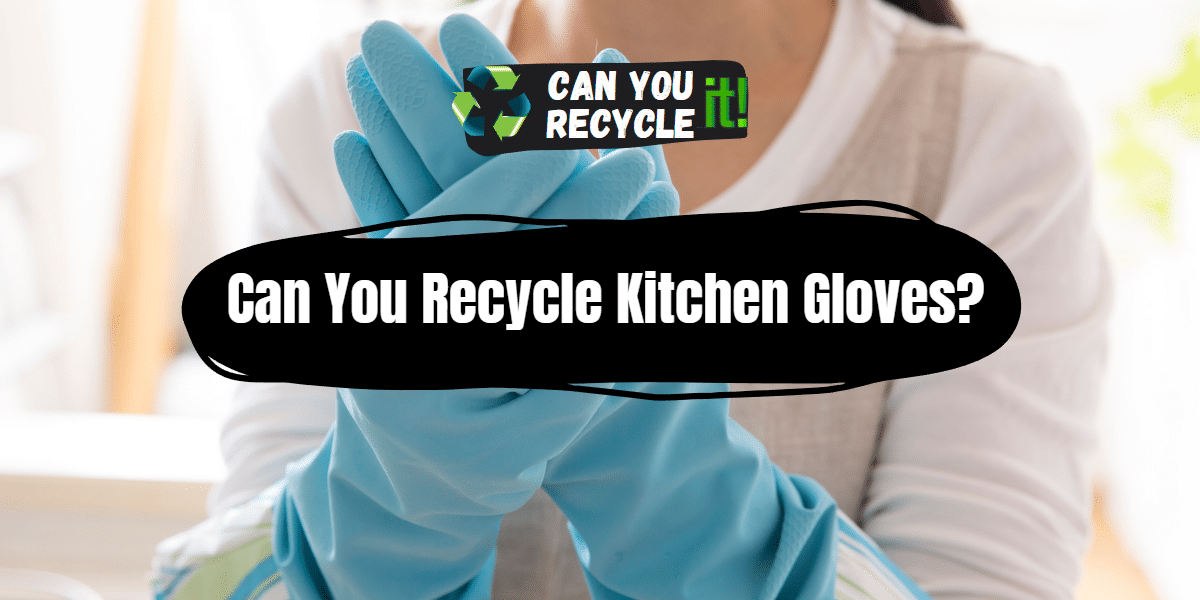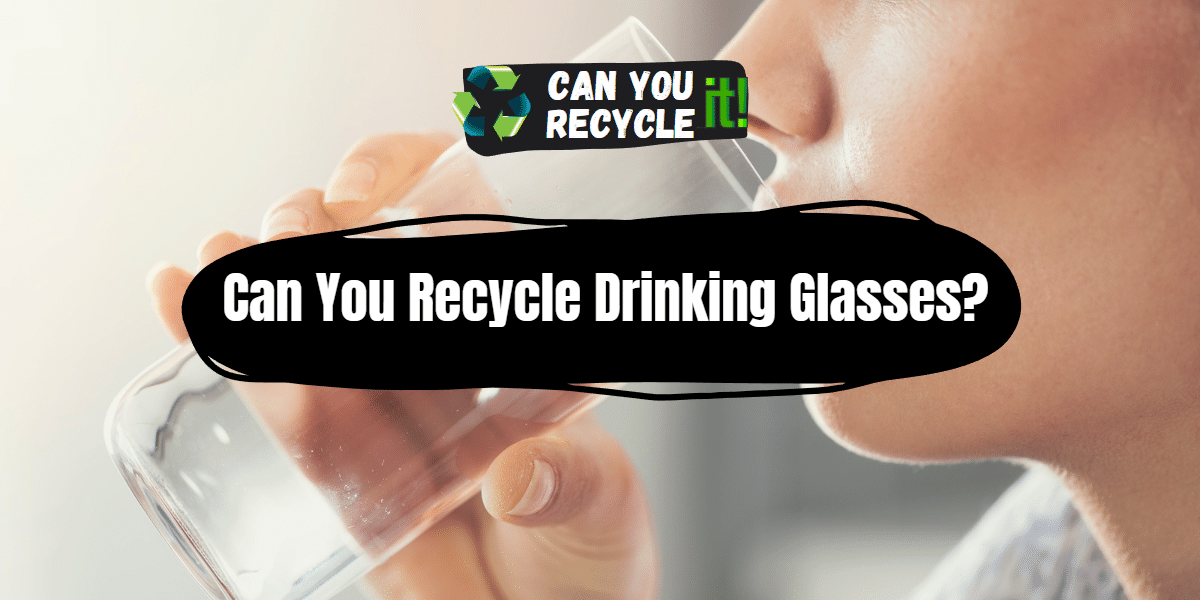Yes, plastic grocery bags can be recycled. However, most curbside recycling programs do not accept them. Instead, you will need to take them to a store drop-off location.
Many grocery stores have these bins located near the front entrance. You can also find drop-off locations at some community recycling centers.
Plastic grocery bags have become a common sight in our daily lives. They are convenient for carrying groceries, but their environmental impact is a cause for concern. Many people wonder if these bags can be recycled. So, let’s dive into the question: Can you recycle plastic grocery bags?
Table of Contents
Do’s and Don’ts
Recycling plastic grocery bags is possible, but it requires following some dos and don’ts to ensure proper recycling. Here are a few guidelines to keep in mind:
Dos
- Reuse them: Before considering recycling, explore ways to reuse plastic grocery bags. They can be handy for lining small trash bins, carrying gym shoes, or organizing items at home.
- Take them to designated drop-off locations: Many grocery stores and retailers have collection points specifically for plastic bags. Check with your local supermarket or recycling center for the nearest drop-off location.
- Bundle the bags: To make recycling easier, bundle several plastic grocery bags together. This prevents them from getting tangled in sorting machinery and helps recycling facilities handle them more efficiently.
- Look for recycling symbols: Some plastic grocery bags have a recycling symbol indicating they are recyclable. However, it’s important to note that not all recycling symbols are identical, so checking your local recycling guidelines is crucial.
Don’ts
- Please put them in curbside recycling bins: In most cases, plastic grocery bags should not be placed in curbside recycling bins. These bags can clog recycling machinery and cause disruptions in the recycling process.
- Mix them with other recyclables: Avoid throwing plastic bags into your regular recycling bin and other materials like paper, glass, or metal. Separating plastic bags from other recyclables prevents contamination and improves recycling outcomes.
5-Step Guide to Recycle Plastic Grocery Bags
If you have plastic grocery bags that you want to recycle, here’s a simple 5-step guide to help you through the process:
Step 1
Collect the Bags: Gather all the plastic grocery bags you wish to recycle. Check for any tears or damages. Bags with excessive damage might not be suitable for recycling.
Step 2
Remove Non-Recyclable Items: Before recycling, remove any non-recyclable items like receipts, stickers, or food residues. Cleaning the bags of any remaining debris will ensure a better recycling outcome.
Step 3
Bundle the Bags: Take several plastic grocery bags and tie them together into a tight bundle. This helps prevent them from blowing away during transportation and makes it easier for recycling centers to handle them.
Step 4
Find a Drop-Off Location: Locate the nearest drop-off location for plastic bag recycling. Check with your local grocery stores, retailers, or recycling centers for specific locations in your area.
Step 5
Drop Off the Bags: Take the bundled bags to the designated drop-off location. Please place them in the designated recycling bin or container provided. Ensure that the bags are appropriately deposited to maximize the chances of successful recycling.
What to Do with Plastic Grocery Bags That Cannot Be Recycled
While recycling is the ideal solution for plastic grocery bags, there might be instances where recycling is not an option. In such cases, it’s important to explore alternative ways to minimize their environmental impact:
- Reuse for storage: Plastic bags can help store items like shoes, clothes, or small household objects. They can keep items protected and organized.
- Donate to local charities: Many local charities and food banks accept plastic grocery bags for packaging items. These organizations can make good use of the bags, preventing them from going to waste.
- Explore plastic bag return programs: Some retailers offer programs that allow customers to return their plastic bags for recycling. Check with your local stores to see if they participate in such initiatives.
- Consider eco-friendly alternatives: Reduce your reliance on plastic grocery bags by opting for reusable bags made from materials like cloth, canvas, or recycled plastics. These alternatives are more sustainable and can be used multiple times.
Environmental Impact of Recycling Plastic Grocery Bags
Recycling plastic grocery bags has significant environmental benefits. Here are some key points to consider:
- Energy and resource conservation: Recycling plastic bags helps conserve valuable resources such as petroleum, which is a non-renewable fossil fuel. Recycling reduces the need for virgin materials and the energy required to produce new bags.
- Reduction in landfill waste: Plastic bags are notorious for their long decomposition time. By recycling them, we divert these bags from landfills, minimizing the amount of waste that ends up in these disposal sites.
- Prevention of pollution: When plastic bags are improperly disposed of, they can easily find their way into ecosystems, polluting water bodies and harming wildlife. Recycling helps prevent this pollution by ensuring proper disposal and repurposing of the bags.
- Promotion of a circular economy: Recycling plastic bags contributes to the concept of a circular economy, where materials are recycled and reused instead of discarded. This approach reduces the demand for new materials and encourages a more sustainable future.
FAQs for Can You Recycle Plastic Grocery Bags
Are all plastic grocery bags recyclable?
Not all plastic grocery bags are recyclable. Some bags are made from materials that cannot be easily recycled or require specialized recycling processes. It’s best to check with your local recycling guidelines to determine which bags are recyclable in your area.
Can I recycle plastic bags at home?
Recycling plastic bags at home is not recommended. The recycling process for plastic bags involves specialized machinery and facilities unavailable in typical home settings. It’s advisable to take them to designated drop-off locations for proper recycling.
What happens to recycled plastic bags?
Recycled plastic bags can be transformed into various products, including new plastic bags, composite lumber, outdoor furniture, and even plastic packaging materials. The exact outcome depends on the recycling facility and its specific processes.
Are there any alternatives to plastic grocery bags?
Yes, there are eco-friendly alternatives to plastic grocery bags. Reusable bags made from materials like cloth, canvas, or recycled plastics are gaining popularity as sustainable alternatives. These bags can be used multiple times, reducing the need for single-use plastic bags.
Conclusion and final thoughts 💭
Recycling plastic grocery bags is indeed possible, but it requires our active participation. By following the dos and don’ts, bundling bags, and utilizing designated drop-off locations, we can contribute to a more sustainable future. Remember, even when recycling is not an option, exploring alternative uses or minimizing our reliance on plastic bags can still positively impact us. Let’s strive to reduce, reuse, and recycle to create a cleaner and greener environment for future generations.





Leave a Reply